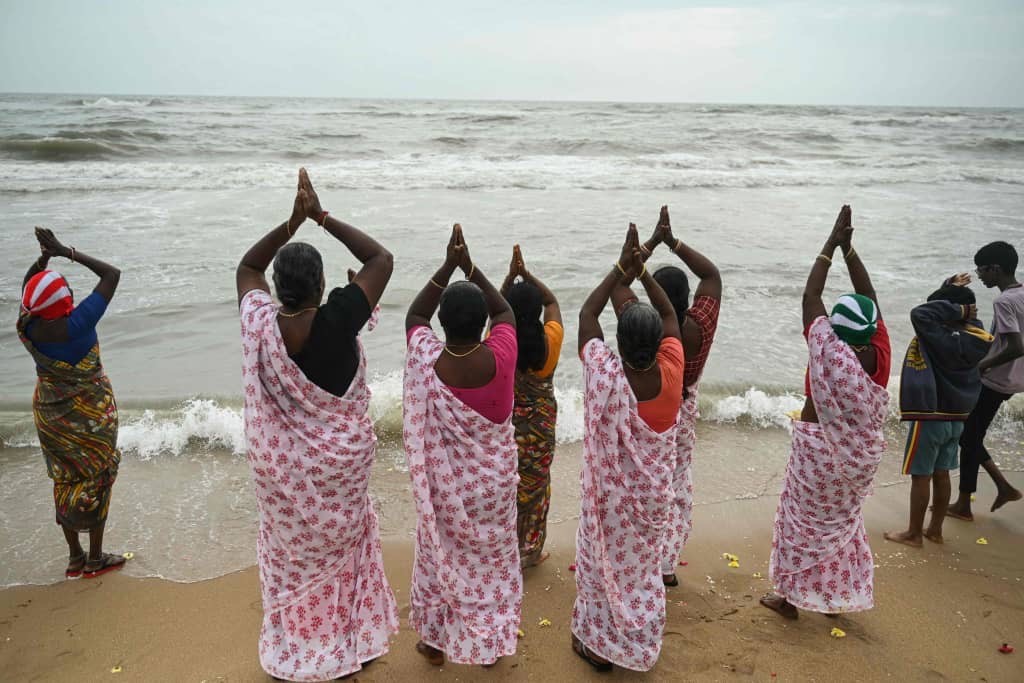While Namibia recently celebrated attaining a 55% self-sufficiency level in local vegetable production, its fruit sector has lagged far behind.
According to the the Namibian Agronomic Board (NAB), local farmers only produce about 4% of the country’s fruit requirements and the board is determined to reverse the trend.
In response to recent questions from The Namibian, NAB spokesperson Emilie Abraham said after the Namibian Horticulture Market Share Promotion (MSP) scheme was implemented in 2005, local horticultural production increased from 5% to the current 47%.
“However, this intervention mainly resulted in increased local production of vegetables, while fruits remained far behind. To this end, NAB approved the Namibian Fruit Development Scheme, aimed at developing the fruit sector and to create an enabling environment for the production, processing, storage and marketing of controlled fruits in the country,” she said.
The board also initiated a study in 2022 which revealed that, although Namibia is a net exporter of fruits, mainly due to the high production of table grapes and dates targeted for export markets, the country imported about 97% of its other fruits, mainly from South Africa.
According to Abraham, apples, banana, citrus fruits, mango, avocado and paw-paw are the top six fruits on the import list.
The NAB study showed that only 15% of the land available for fruit production is under actual production, and over 230 000 trees are grown on this land.
According to the International Trade Centre, Namibia imported live trees worth US$4,5 million (N$77million) in 2021, with 97% imported from South Africa.
“Very small amounts were sourced from Spain, Germany and other countries,” noted the study, adding that an average of 41 000 fruit tree seedlings are imported annually, while about 40 000 are grown locally.
“Based on interviews with traders, an average of 680 tonnes of fruits is purchased from local producers per year compared to 18 000 tonnes imported per year,” the study noted.
In an initiative to reduce the imports, NAB approved the Namibian Fruit Development Scheme for the fruit sector.
“The scheme kick-started with the registration of fruit farmers countrywide to establish a database and for NAB to know who is growing what, how many fruit farmers are in the country and where are they located, etc.
“This will enable NAB to craft tailor-made interventions for the sector. Registration of fruit farmers is ongoing,” noted the NAB.
The board has already started a pilot banana project on a one-hectare plot at Mango Vuluzi farm in the Singalamwe area of the Zambezi region, in partnership with AvaGrow, where 2 222 tissue culture banana seedlings were planted on 27 February 2024.
Other projects are planned for different areas over the next 12 months, Abraham said.
The board has embarked on an awareness campaign in collaboration with European Union-Economic Partnership Agreement Namibia to unpack opportunities within the sector and to encourage Namibian producers and local investors to take advantage of these opportunities to increase local fruit production, she said.
According to the study, the majority of fruit producers do not have any food system in place, especially those from the communal production zones (Zambezi, Kavango, and north-central Namibia).
“Very few producers are doing value addition to their fruits, like processing lemons and mangoes into juice or jam, as well as grapes and olives into raisins and olive oil, respectively.
The study found that most small-scale farmers, especially those in communal areas, lack understanding and experience in fruit production on a commercial basis.
Based on their findings, the study recommended that complete regulation be extended to the fruit production industry to access reliable data about the industry and provide better support based on reliable statistics.
Other recommendations are that stakeholders in fruit production keep proper records to draw accurate and reliable statistics on the state of the industry.
“Just as the grain processors are registered with the NAB, fruit producers should as well be registered with NAB to ensure proper monitoring of the industry and the provision of reliable data that is necessary for the development of the fruit industry,” noted the study.
It is recommended that the MSP rules and support currently applied to horticulture producers also be extended to all fruit types (except grapes) to encourage investment in fruit production in Namibia.
– email: matthew@namibian.com.na
Stay informed with The Namibian – your source for credible journalism. Get in-depth reporting and opinions for
only N$85 a month. Invest in journalism, invest in democracy –
Subscribe Now!







